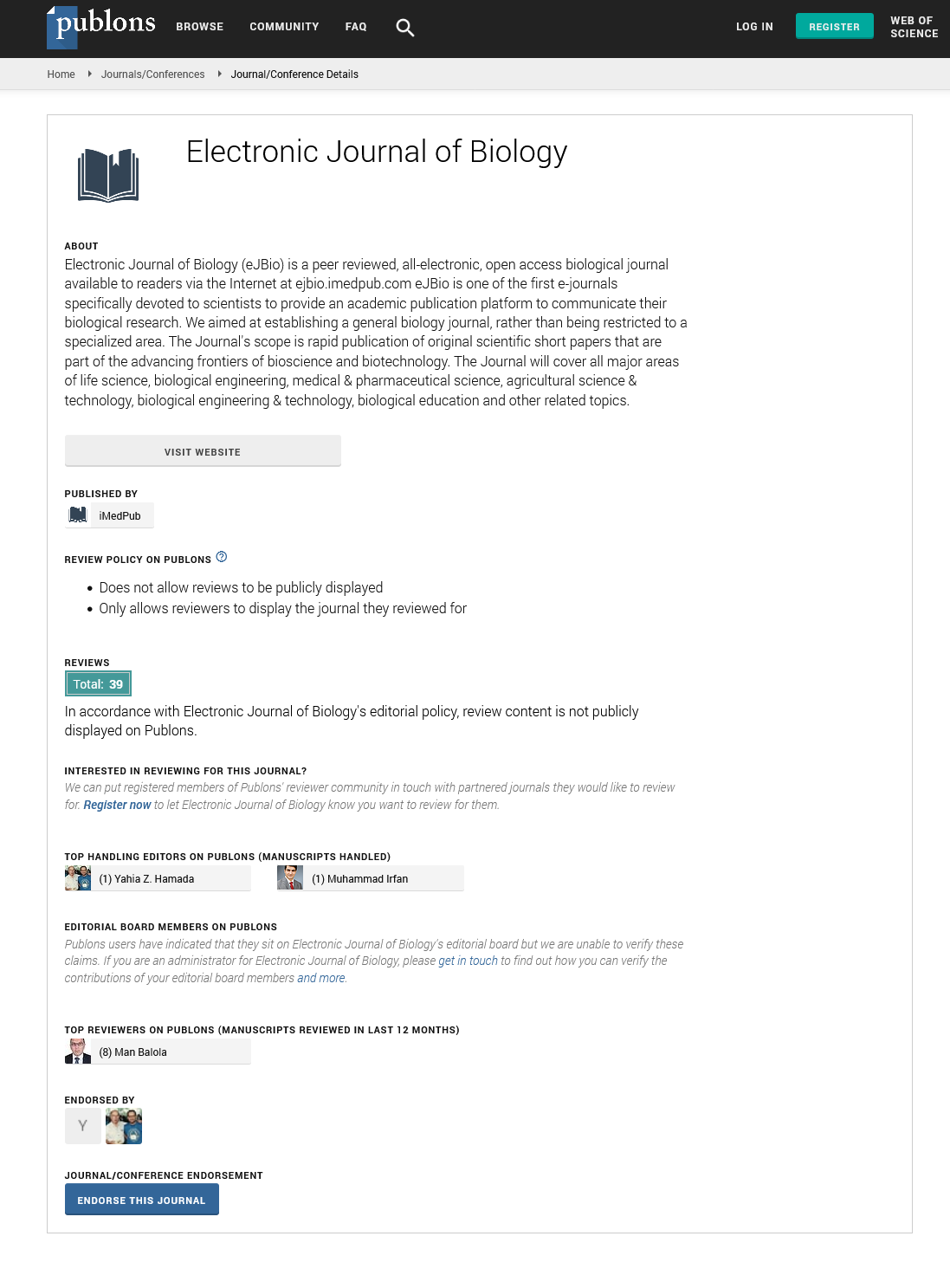Abstract
A Study of Comparing Changes of Glu-Alx Promoter Sequences in Iranian Diploid and Hexaploid Wheat
The rise of world population and food crisis in developing countries have directed the attention of agriculture experts to the most strategic crops, namely, wheat in the world. Low quality of wheat bread is the most important factor in its wastes, thus it seems to be essential to invest on functional studies in this field. Genetic changes for the purpose of improving the baking quality of wheat bread and its endosperm construction require desirable gene promoters so as to increase tragenes expression, so separating glutenin gene promoters with high molecular weight (Glu-Alx) from diploid and hexaploid wheat was examined in this study. Designing proper primers and applying them on the genomic DNA were conducted in polymerase chain reaction (PCR) and promoter fragments as long as 1100 bp were produced. Then, the fragments were transmitted to the pTG19 vector and white colonies were evaluated through enzyme digestion. Results showed that the desired fragment was found in the studied colonies. Online BLAST analysis and ClustalW multiple alignment indicated that there were many sequences similarity of this sequence with other known HMWGS promoter sequences. Generally the results showed that the homologized promoter can be used in molecular euphonic programs of wheat quality and it can be used in making expression constructions and gene transfer or its overexpression.
Author(s):
Nastaran Partovi, Mohsen Ebrahimi, Ali Izadi darbandi, Hosseinali Ramshini
Abstract | Full-Text | PDF
Share this

Google scholar citation report
Citations : 5001
Electronic Journal of Biology received 5001 citations as per google scholar report
Electronic Journal of Biology peer review process verified at publons
Abstracted/Indexed in
- Google Scholar
- China National Knowledge Infrastructure (CNKI)
- CiteFactor
- Electronic Journals Library
- Zoological Records
- WorldCat
- Proquest Summons
- Publons
- MIAR
- Openaccessarticles.com
- Secret Search Engine Labs
Open Access Journals
- Aquaculture & Veterinary Science
- Chemistry & Chemical Sciences
- Clinical Sciences
- Engineering
- General Science
- Genetics & Molecular Biology
- Health Care & Nursing
- Immunology & Microbiology
- Materials Science
- Mathematics & Physics
- Medical Sciences
- Neurology & Psychiatry
- Oncology & Cancer Science
- Pharmaceutical Sciences


